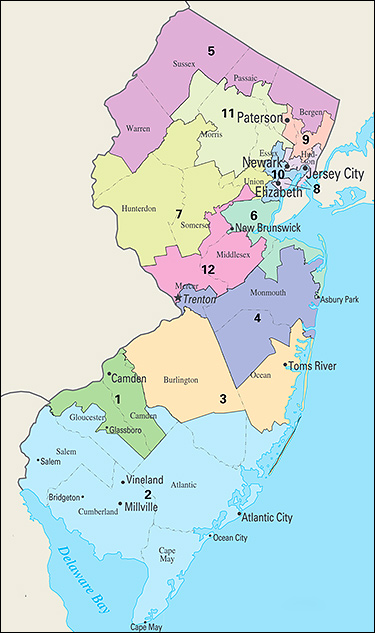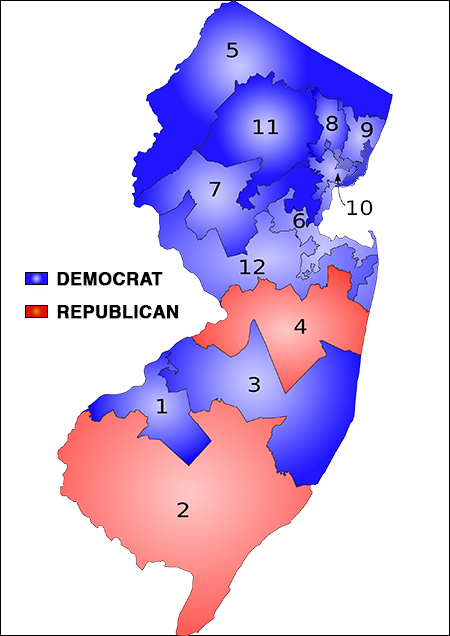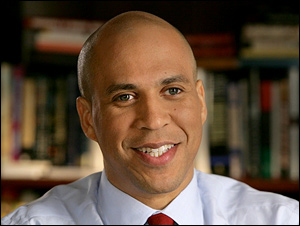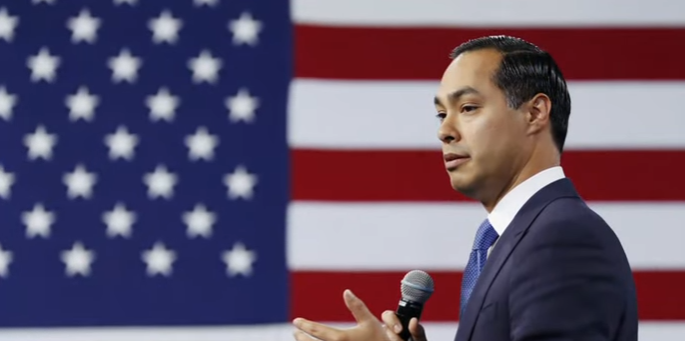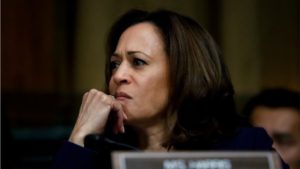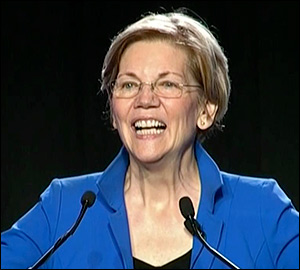By Jim Ellis — Wednesday, July 17, 2024
President
Democratic National Convention: Further Activity to Open Convention — While the move to replace President Joe Biden as the Democratic nominee was quieted temporarily in the aftermath of the assassination attempt on former President Donald Trump, California US Rep. Jared Huffman (D-San Rafael) is now circulating a “Dear Colleague” letter to encourage the Democratic National Committee to forego plans to virtually renominate President Biden. The process is scheduled to begin at the end of the month, but the Huffman proposal would instead allow the nomination roll call vote to occur at the Democratic National Convention as originally planned.The congressman points out that the delegates should make the nomination decision at the convention to possibly allow another candidate, presumably Vice President Kamala Harris, to emerge as the party nominee, presumably to give the party a better chance of defeating Trump in November. Though delegates are bound by state law, they can, as a matter of conscience, abstain from voting. This could lead to multiple ballots until the various state laws and party rules that bind delegate votes to the candidate whom the state voters supported expire. At that point, the convention would be open to potentially nominate another candidate.
Senate
New Jersey: Sen. Bob Menendez (D) Found Guilty — Sen. Bob Menendez (D/I-NJ) was found guilty of bribery and corruption on all counts yesterday, and key Democratic leaders, including Senate Majority Leader Chuck Schumer (D-NY) and Menendez’s home state governor, Phil Murphy (D), are calling for him to resign.
Other New Jersey officials yesterday making public statements encouraging Sen. Menendez to voluntarily leave office are the state’s junior senator, Cory Booker (D-NJ), Rep. Andy Kim (D-Moorestown), the Democratic nominee poised to succeed Menendez in the November election, developer Curtis Bashaw, the Republican US Senate nominee, Rep. Mikie Sherrill (D-Montclair), and Jersey City Mayor Steve Fulop (D), an announced 2025 gubernatorial candidate.
Should Menendez soon depart the Senate either through resignation or expulsion, Gov. Murphy has already said that he will make a caretaker appointment to immediately fill the seat. By losing Menendez, the Democratic majority would retreat to 50D-49R division for the short term.
House
NJ-10: McIver Wins Special Election — Rep. Donald Payne Jr. (D-Newark) passed away in late April leaving the 10th District temporarily unrepresented. Last night, as expected, Newark City Council President LaMonica McIver easily won the special Democratic primary over four opponents. She becomes the prohibitive favorite to win the Sept. 18 special general election and will then assume the seat to serve the remaining balance of the current term.
The local 10th Congressional District Democratic Committee will meet later this week to choose a regular election nominee. Though deceased, Payne posthumously won the Democratic primary, so now the party committee must replace him. The meeting was scheduled after the special primary so the committee could simply appoint the person who won the special primary as the nominee for the regular term.
Governor
Washington: Poll Predicts Jungle Primary Outcome — Survey USA just released a new Washington gubernatorial poll for KING-TV Channel 5 in Seattle, the Seattle Times newspaper, and the University of Washington Center for an Informed Public (July 10-13; 564 likely Washington jungle primary voters).
S-USA finds Attorney General Bob Ferguson (D) leading the open all-party primary field with a 42 percent preference figure. Also predicted to qualify for the general election is former US representative and ex-King County Sheriff Dave Reichert (R) who garnered 33 percent support. Next in the 28-candidate field is former School Board Member Semi Bird (R) with 11 percent, and state Sen. Mark Mullet (D-Issaquah) who posts four percent backing. The Washington primary is scheduled for Aug. 6. Gov. Jay Inslee (D) chose not to seek election to a fourth term.


